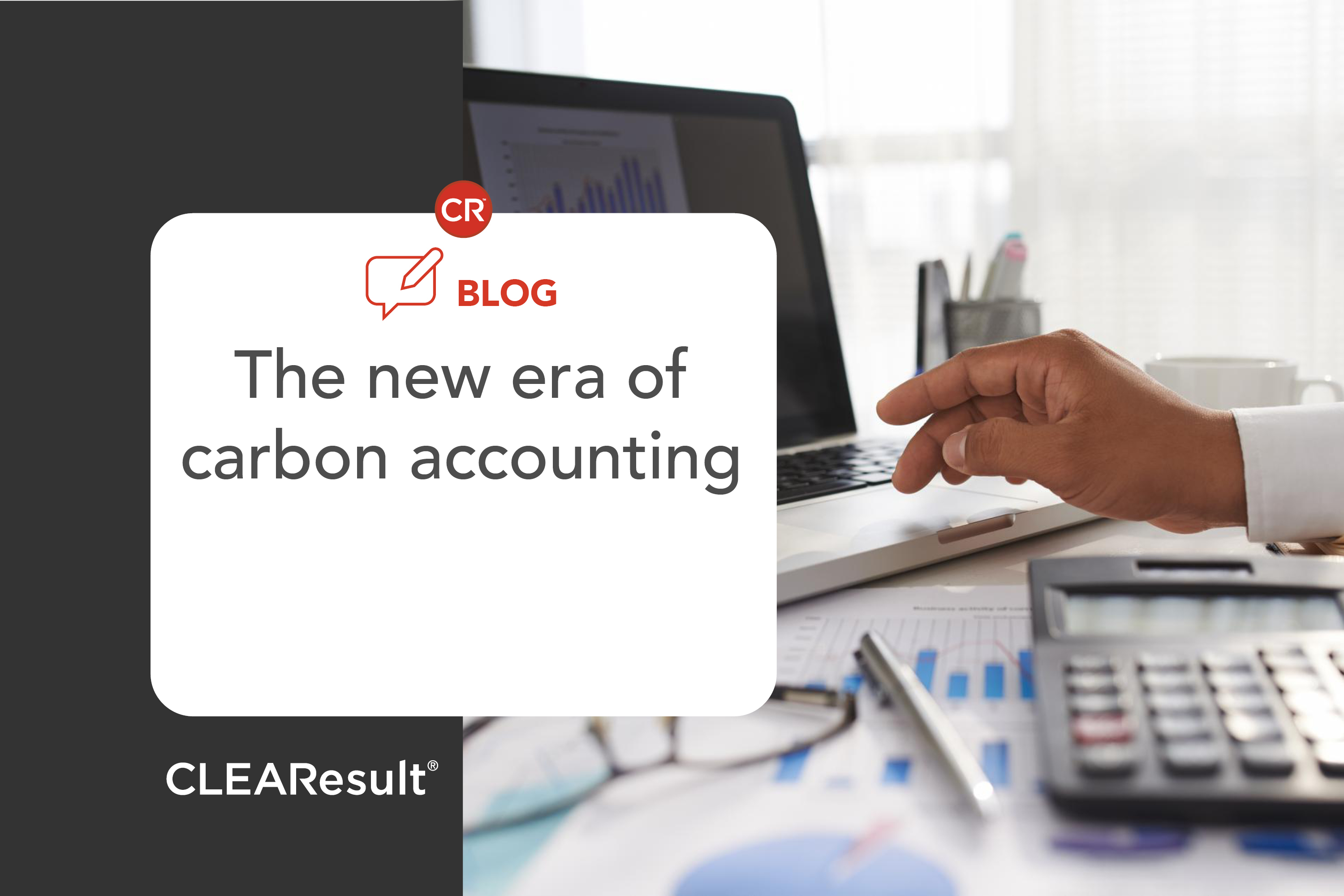Is your company prepared for the new carbon accounting requirements?

2025 marks the beginning of a new era of stricter carbon accounting standards for businesses. In the U.S., new climate-related disclosure rules from the Securities and Exchange Commission (SEC) are scheduled to be phased in this year. Additional more extensive rules for companies operating in California and the European Union will also begin taking effect.
Here are summaries of some of the changes taking place in 2025:
The SEC’s Climate-Related Disclosure Rules
According to rules enacted by the SEC last year, registered companies with over $700 million in publicly available shares will be required to include climate-related disclosures in their 2025 year-end annual reports. GHG emissions data will be required the following year. Companies with $70–$700 million available shares are to begin reporting their disclosures in 2026, while smaller registered companies start reporting in 2027, according to the current plan.
The SEC rules specify that companies are required to report their Scope 1, direct emissions that are produced from sources they own or control, and Scope 2, indirect emissions from energy purchased from a utility provider. Scope 3 emissions that occur in the company’s value chain are exempt.
Gary Gensler, the current SEC Chair, announced he will step down on January 20 – the day of Donald Trump’s inauguration. Many expect his replacement to either rescind the new SEC rules or simply not enforce them at the federal level. Regardless of the outcome, companies will likely still need to adhere to international and state climate-related laws where they do business.
California’s Climate Corporate Data Accountability Act and Climate-Related Financial Risk Act
Last year, California passed a law that requires companies doing business in the state with revenues totaling $500 million or more to report their climate-related risks beginning in 2025. Companies with over $1 billion in revenues doing business there will be required to report their Scope 3 emissions, in addition to the Scope 1 and 2 emissions required by the SEC. The climate-related risk requirements were designed in parallel with other reporting standards to avoid unnecessary complexity; however, companies will need to report these risks biannually.
The European Union’s Corporate Sustainability Reporting Directive (CSRD)
The EU updated its sustainability reporting rules, which will apply to reports published in 2025, to make them more stringent and standardized. The CSRD will apply to companies listed on EU- regulated markets as well as foreign companies that meet specific revenue and operational criteria. Like California, the EU will require Scope 3 emissions data reporting. The standards for reporting sustainability and climate-related risk are more comprehensive than those required in the U.S., encompassing a wide range of environmental, social and governance topics.
Preparing for the Future
Looking beyond country-specific rules, the GHG Protocol remains the global standard for measuring and reporting GHG emissions. Next year the organization is planning to release updated recommendations for public feedback that will take effect in 2026. While the GHG Protocol’s guidelines provide the foundation for many of the new rules being established by governments, variations make worldwide compliance difficult – especially for multinational companies. Contributing to the complexity, countries like Japan, Australia and the UK are actively developing their own reporting standards. Additionally, New York and Illinois are looking into bills like the ones enacted in California.
It is important for companies to implement and maintain systems that can be updated as carbon accounting becomes mandatory. Our carbon consultants and proprietary software can help companies determine the best way to navigate the playing field as these changes occur. For a free demo of CLEAResult ATLASTM Carbon, fill out the form at the bottom of the product page.
___________________
For more on CLEAResult’s approach to carbon reduction, visit our Decarbonization web page.